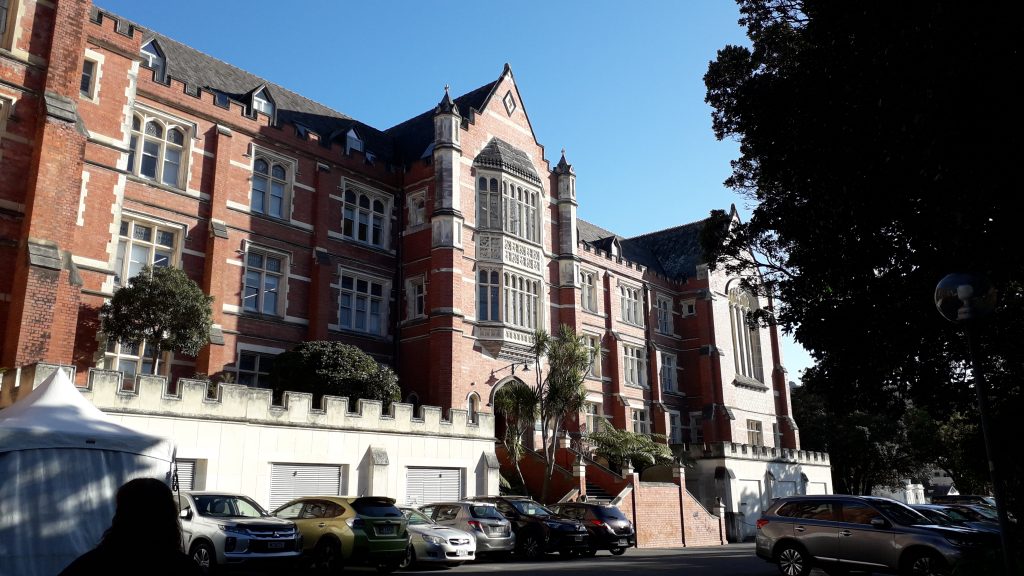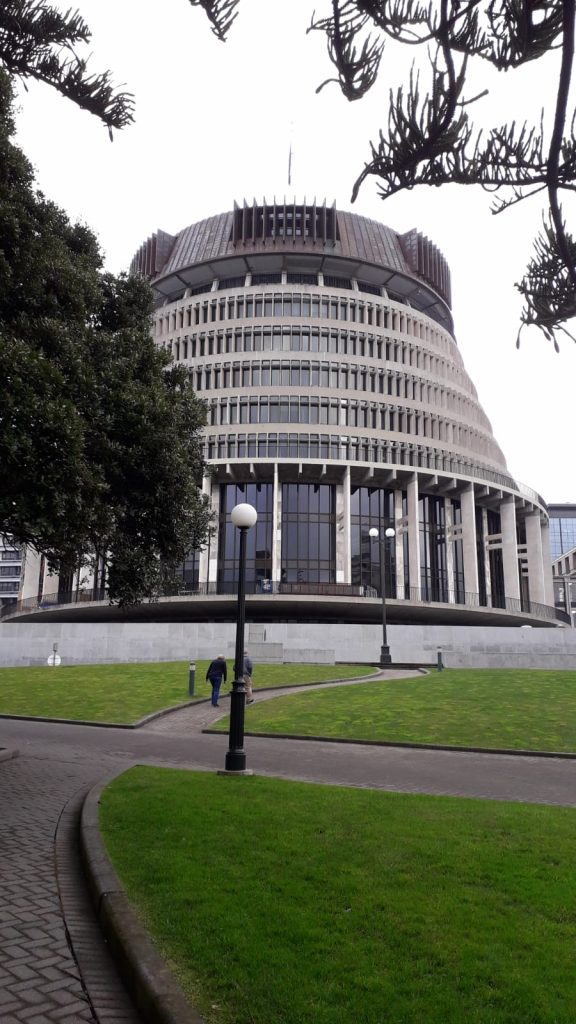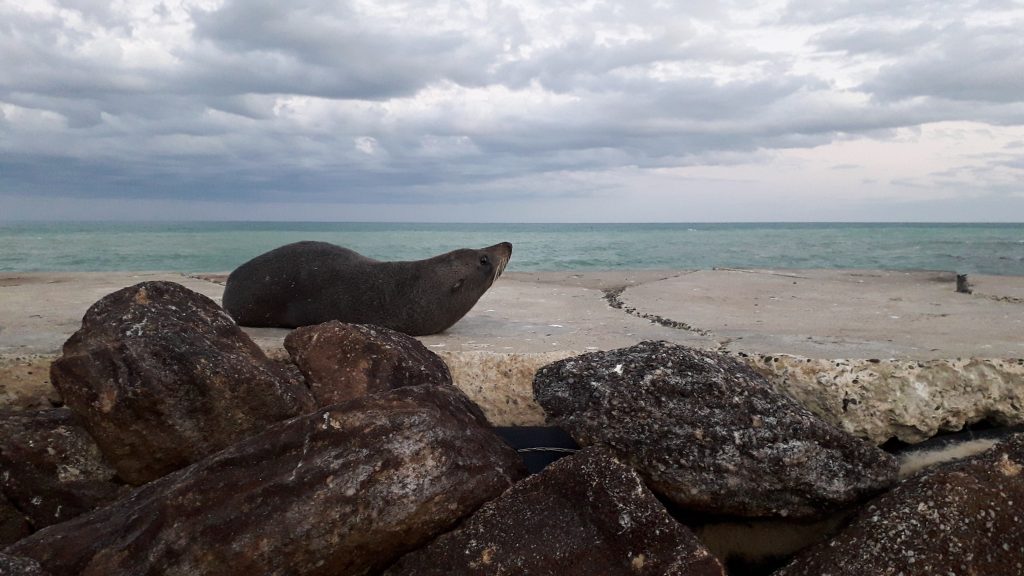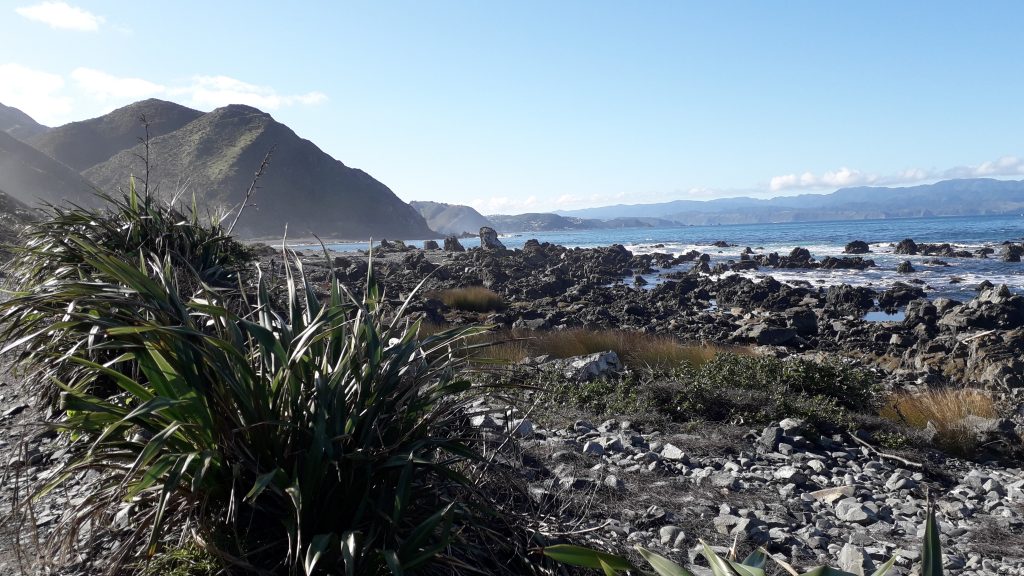As I am writing this, I am about to begin my second trimester at the Te Herenga Waka Victoria University of Wellington and, before recounting my summer holidays during which I explored both the North and South Island (or Te Ika-a-Māui and Te Waipounamu), I thought it would be a good time to reflect on the first trimester of study. What went well and what I can try to work on going forwards.
Impressions

Unsurprisingly, when thinking on the first trimester, I find that the impression it left was a wholly positive one. Not only am I not dreading the return to studies after the long summer break, but the fact I am looking forward to it is a testament to the enjoyability of the modules here. I say unsurprisingly, because I knew from the topics I selected that I would be enthusiastic about what was being taught. For my English modules, I selected ‘Shakespeare’ and ‘Victorian Literature’ and for History, I chose ‘Revolutions, Empires and Peoples: The Americas, 1600-1865’. This had the positive effect of allowing me to go into a university on the other side of planet and feel a comforting sense of familiarity with the topics. Particularly because I was to be starting in the middle of the academic year (schools in New Zealand and Australia begin in February instead of September), I was happy to use the sense of home as a foothold.
Of course, I also saw the irony of travelling across the world to learn about things widely taught across the UK. I don’t regret the modules I selected, though I do feel a tinge of guilt at neglecting local history and literature (as I will elaborate on at the end). Nevertheless, as expected, my first trimester modules were thoroughly interesting to learn about and approached various discussions from directions I had not been exposed to when learning about them in the past.
So What Did I Learn?
Most obviously, the lectures on the Americas exposed me to the largest chunk of new information as History, as it is taught in the UK, focuses predominantly on England. Beginning in the 15th century onwards, I got to learn about the Americas as they interacted with various European empires from the allure of gold, religious missions, invaders, colonisation, and slavery. We covered the formation of nations from rebellion to revolution to civil war and, delivered through a wonderfully animated professor, even covered such eye-catching topics as pirates, monsters, assassins, and spies.
Whilst the English lectures did not at first seem to offer much that I hadn’t already learnt either in secondary and even university work back in Southampton, I was pleasantly surprised to find that I was introduced to entirely new ways to approaching such familiar texts. The Shakespeare plays we covered we all new ones to me and I discovered a new favourite in his ‘Antony and Cleopatra’ and I was particularly enthused to unpack dynamic discussions of contemporary gender relations – something carried into my love of the Victorian Literature module. In the latter, I found the discussions around the duality of female characters in this era of literature to be fascinating.
The Learning Process

I think, looking back, it was difficult for me coming in halfway through the school year as I struggled to make friends on the courses. This is not new to me, but the lateness of my arrival likely didn’t help this and I am optimistic that starting the new year at the same time as everyone else will help for my second trimester. That being said, everyone I interacted with was very nice and the lecturers were very approachable, so I never felt out-of-place. My advice for anyone potentially starting a year abroad in New Zealand or Australia should take this ‘lateness’ in mind before starting as it caught me off-guard. Nevertheless, I am very happy with my learning experience and am especially proud of my grades. In fact, I am slightly disappointed they won’t carry over back to Southampton, haha! The lack of pressure that comes with Year Abroad grades is certainly a blessing and I would even suggest the ensuing reduction in stress allowed me to perform at a higher level. It furthermore enabled me to enjoy some of Wellington’s attractions in my spare time without being too worried about studying every second of the day. Some highlights in the small capital so far have included seeing a fur seal colony at the Red Rock Reserve, a Te Papa Museum, Mt Victoria, the botanical gardens (and tram), the Beehive government building, and many gorgeous walks over the hilly landscape!
Looking Forwards

In terms of the new trimester, I am therefore looking forward to what is to come. Once again, I have been sure to select modules that excite me personally. For History, this means I chose ‘Crime, Justice and Human Rights in U.S. History, 1865-1975’ and for English, ‘Romantic Literature’ and ‘Science Fiction’ (the latter of which I am beyond thrilled to learn about in an academic setting!). However, as I am sure you will have noticed, I have found myself choosing familiar topics instead of local history and literature. I feel more guilty about these choices than I did about the modules of my first trimester as I can no longer lean on the excuse that I was seeking home comforts. Now thoroughly settled in New Zealand, I feel that I should be using this opportunity to learn about the country I am in. This can be, in part, explained by New Zealand’s lack of history in comparison with many other countries including the UK and even the US. It was one of the last habitable places on Earth to be settled by humans and it, and its comparative lack of documentation, means that there were few New Zealand history modules to choose from. And then, when it came to selecting the ones I would do in the new year, the timetabling clashes meant that I was forced to choose between a history of New Zealand or the English Science Fiction module. I do feel guilty for the choice I made to pursue a topic more personally interesting to me, but I hope it will lead to a trimester just as rewarding as the first.

